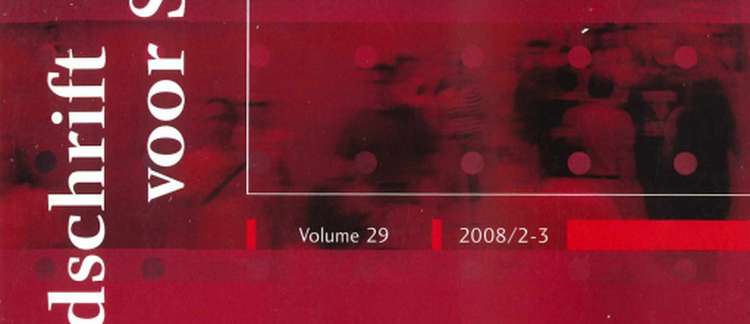Abstract
The Netherlands are well-known for their high percentage of home deliveries and low medical intervention rates. In Flanders home deliveries are rare and maternity care is dominated by the biomedical discourse. By combining insights from the cross-national analysis of welfare states with medical sociology and the sociology of professions, we explore the diverging social forces causing these Flemish-Dutch differences in the organisation of formal and informal care. The cross-national differences are the result of the diverging professionalisation trajectories of the Flemish and Dutch midwives, and the family policies of the Belgian and Dutch welfare states. In Flanders defamilialising family policies complement the medicalisation of maternity care through the formalisation of care. In addition, the professionalisation of the medical profession, but not midwives, has been supported. The Netherlands are characterised by the ambivalent co-presence of familialising and defamilialising structures in parental care, and the social and medical model regarding maternity care. The social model is supported by the semi-professionalisation of Dutch midwives.
How to Cite:
Christiaens, W., (2008) “De rol van welvaartsstaten en professies in de Vlaams-Nederlandse verschillen in de organisatie van de zorg voor moeder en kind”, Tijdschrift voor Sociologie 29(2-3), 184–211. doi: https://doi.org/10.21825/sociologos.86704
Downloads:
Download PDF
View PDF


